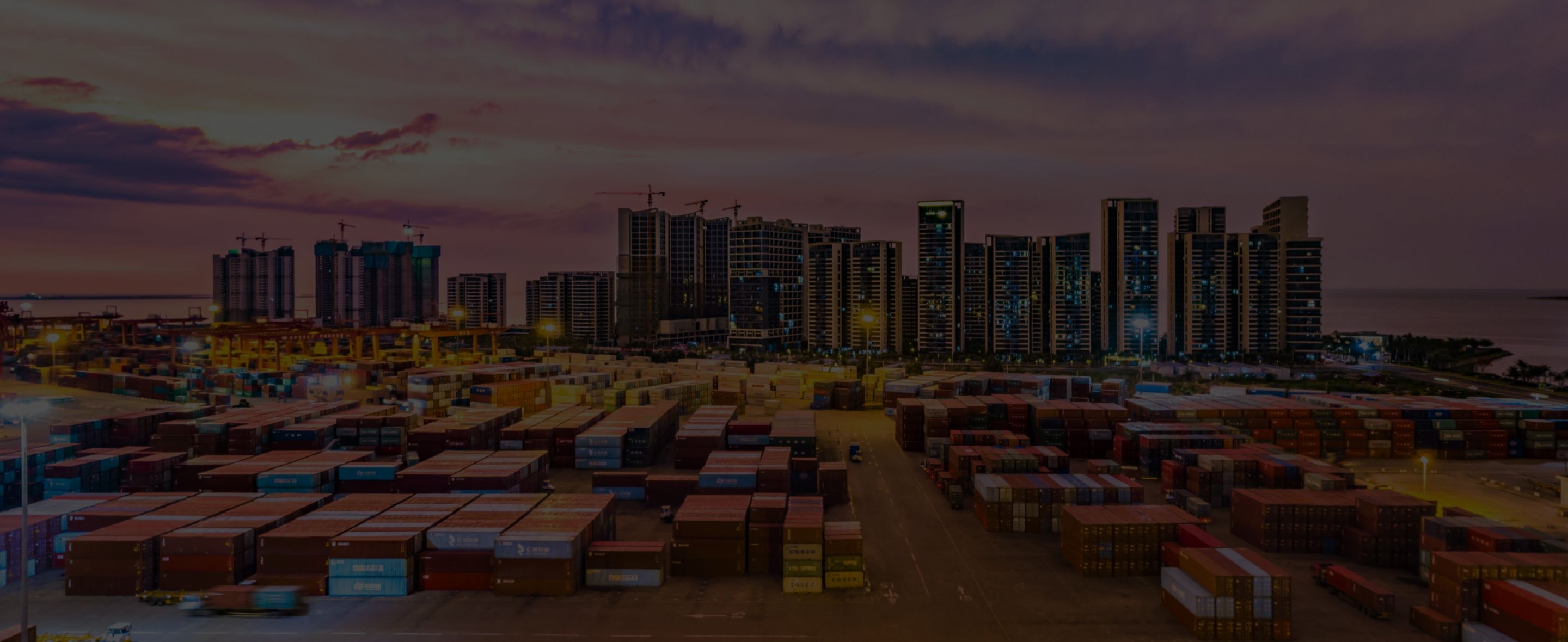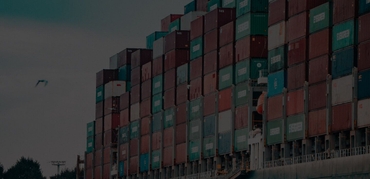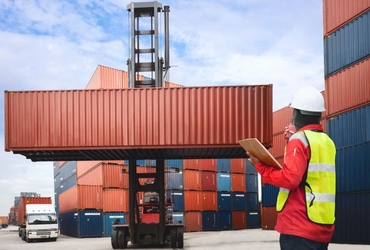
How the shipping industry is reacting to the trade war



Trade war impact on shipping
Over the past few months, the world has witnessed a war of words and trade tariffs flying across the Pacific and Atlantic oceans, as well across north American borders. As the US threatens full-scale tariffs on all imports from China, if you haven’t already done so, it’s probably a good time to think about how these can and will ultimately filter down to the different parties in the ocean freight industry.
Shipping accounts for 90% of world trade. While the US continues to mull over more tariffs, with the potential tit-for-tat actions, many analysts agree that the container shipping industry is expected to be the hardest hit.
According to shipping consultancy group Drewry’s analysis of US’ Transpacific imports, as much as 1.8 million TEUs, equivalent to almost 1% of the global container traffic, could be affected. Any fall in volume will undoubtedly affect container shipping rates which, as it stands, are already facing pressure as a result of overcapacity.
“The current risk threat to container demand is relatively low, even when factoring in tit-for-tat measures and disputes with other trading partners, but there is clearly the potential for matters to get much darker if additional tariffs are forthcoming.”
- Simon Heaney, senior manager, container research at Drewry and editor of the Drewry Container Forecaster
Carriers take precaution
These developments are worrying not only for businesses, who could see margins take a serious hit, but also for logistics providers such as shipping lines and freight forwarders. Already, the three-largest carrier groupings, THE Alliance, Ocean Alliance, and 2M, have announced cuts on their transpacific routes. According to Alphaliner, the cuts represent 6.7% of the total capacity deployed on the trade, around some 21,300 TEUs per week.
While these are for now more of a precaution than reaction, the carriers are clearly expecting major drop-offs. Undoubtedly, they will be continuing to analyze the markets heavily and will be ready to react if and when necessary. If the situation worsens, they will begin to look to drop rates to compete for market shares. Margins may then drop, which will inevitably ripple through the entire industry.
“Capacity has increased so dramatically in recent years that we may find ourselves in a situation with severe overcapacity again if more tariffs are implemented and the trade war continues to escalate. Maybe even to the point where the carriers will take vessels completely out of rotation like they did during the recession.”
- Klaus Lysdal, vice president of operations at iContainers
Effect on traffic
West Coast ports will have started to worry, especially Los Angeles Port, with 60% of its traffic going to or coming from China. According to port authorities, up to 15% of all cargo moving handled by the port could be affected by the higher tariffs.
To minimize the impact, west coast ports may consider working on better incentives for carriers to bring cargo from other trades in via the West Coast. Incentives like lower vessel landing costs and introducing better infrastructure for cargo to move in and out of the ports may be attractive for liners.
Importers should pay extra attention
As direct victims of the tariff increases, importers are likely to feel the brunt of the change. At iContainers, we have yet to see changes in demand for the China-US trade lane as it appears most importers are still, for now, holding back on taking their next step. Some are likely waiting to see their cargo arrive and clear under the new tariffs before deciding if they need to change their import strategy.
But given that current indications are that the US-China retaliatory tariffs are still set to go on for a while, importers need to begin pay attention to the changes in duties. Keep in mind that the importer of record is the responsible party to make sure that the proper and correct new duties are paid, so at this point, as an importer, clarifying everything in advance will be key to ensure compliance when filing with a customs broker.
“As far as the tariffs and duties are concerned, especially if we’re really talking about the retaliatory tariffs and duties, it’s incumbent on the importer and customs broker to make sure they are declared and paid properly.”
- Lenny Feldman, Senior Member, Sandler, Travis & Rosenberg, P.A.
Freight forwarders to adapt
Even though experts say it’s still too soon to see how importers will react, it will, however, not be long until the effects are really felt across the industry. And much of how this will play out for the freight forwarders depend on how importers react.
Freight forwarders, especially those focusing on only one to two markets, will need to prepare themselves as they tend to be more vulnerable to political changes. Larger forwarders offer so many services that losing from one trade lane slowing down may mean another one picking up. For example, importers may decide to switch from a Chinese supplier to another one in South America. And a forwarder who offers these two routes will not be as badly hit as one that’s US-China focused.
“We’re keeping a close eye on developments and are ready to do our best to service our clients whatever their requirements may now be. The question we will face is: what are those importers going to do? Are they going to look for suppliers elsewhere? Change their product line? Or eventually raise their prices in the hopes that their competitors will have to do the same thing?”
- Klaus Lysdal, vice president of operations at iContainers
Related Articles

